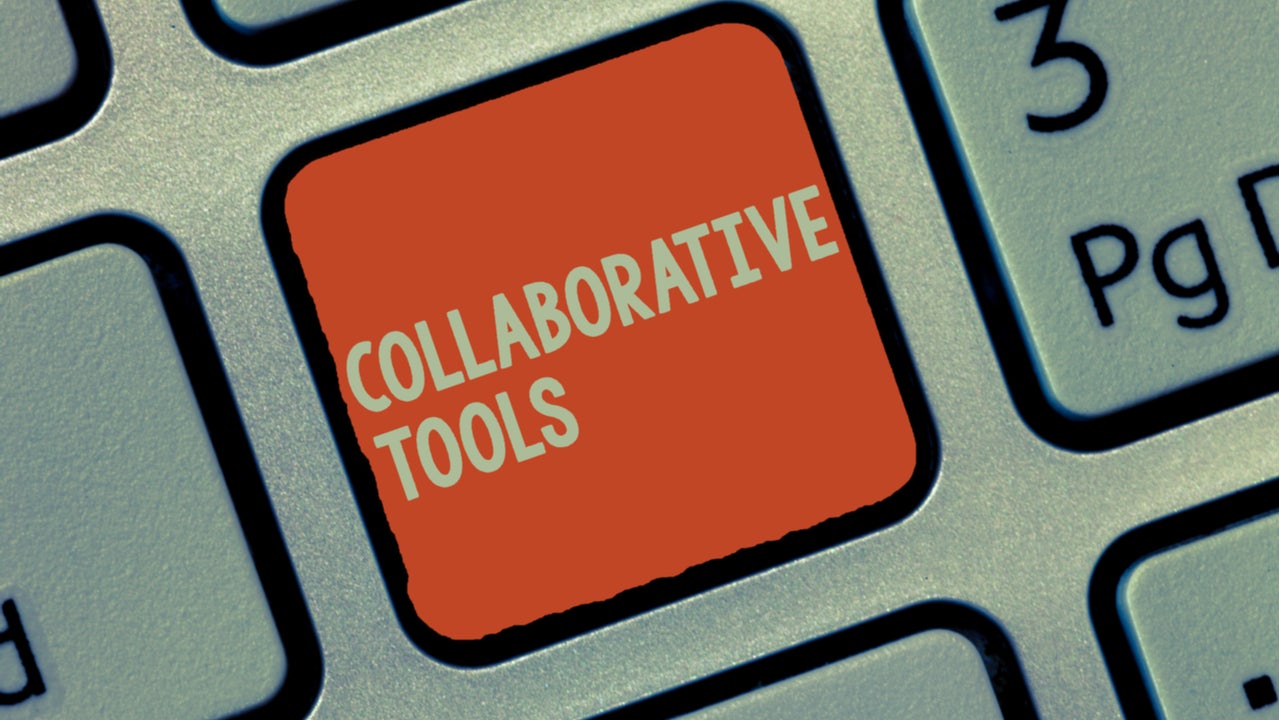
The advent of the global pandemic, low-code’s growing prominence, and the increased need for collaboration tools in a distributed workforce all help usher in the next wave in app modernization.
That wave promises to alleviate some of the pressures on IT by bringing more non-coding participants into the app development process. Even more important, integration of collaboration tools into application platforms help bridge the great divide between IT and LoB which has stalled the ability to efficiently and securely advance modern apps into production.
Collaboration tools on comprehensive platforms
Years ago, Salesforce conceived the notion of bringing together LoB users and IT via its Lightning brand of low-code through out-of-the box tools which empowered business users and IT to build apps together. During last month’s Dreamforce conference, the company took that vision a step further by integrating its popular collaboration tool Slack with its most important integration and automation platforms. The move followed the lead of Salesforce’s core app platform rival Microsoft which has begun a similar move, integrating its Teams collaboration software with its low-code and automation offerings Power Platforms, including Power Automate.
While we attribute the importance of low-code tools to the birth of the citizen developer, the reality is, despite growing self-service capabilities available to broader audiences of developers and non-coders, operations teams continue to grapple with scaling those new apps and connecting islands of processes and workflows with broader systems. Collaboration integration is aiming to eliminate some of those disconnects by centralizing visibility, monitoring, and communications between participating parties.
Salesforce taking up the Slack
That’s what Salesforce had in mind during its mega annual ‘Dreamforce’ conference where the company highlighted its integration strengths for anchoring its ambitious collaboration and automation consolidation. This is technology based on its mature MuleSoft platform which ensures Salesforce developers and SaaS customers’ apps integrate with non-Salesforce apps and systems, so that apps may be connected to anything, anywhere. These backend connectivity enablers are at the core of Salesforce’s newest comprehensive platforms which now include Slack collaboration tools, an important new direction for Salesforce.
The updates play into Salesforce’s most recent messaging around the power of composability and automation across organizations regardless of the persona and type of business. Integration and automation between disparate systems shouldn’t be eliminated from the idea of democratization and self-serve tools. Salesforce has been instrumental in its focus on bringing the power of the platform into the hands of system admins, data scientists, and Line of Business users in addition to professional developers.
How well do you really know your competitors?
Access the most comprehensive Company Profiles on the market, powered by GlobalData. Save hours of research. Gain competitive edge.

Thank you!
Your download email will arrive shortly
Not ready to buy yet? Download a free sample
We are confident about the unique quality of our Company Profiles. However, we want you to make the most beneficial decision for your business, so we offer a free sample that you can download by submitting the below form
By GlobalDataThe industry’s most prominent CRM SaaS pioneer has demonstrated that same ease of use via platform services which combine low-code application development with custom app development through broad language support, all anchored by Customer 360 data. Recent evolutions of the platform will further app development using Einstein AI innovations, including custom AI capabilities using low-code methods, as well as productivity boosters for professional developers.





Related Company Profiles
MuleSoft LLC
Microsoft Corp
Salesforce Inc